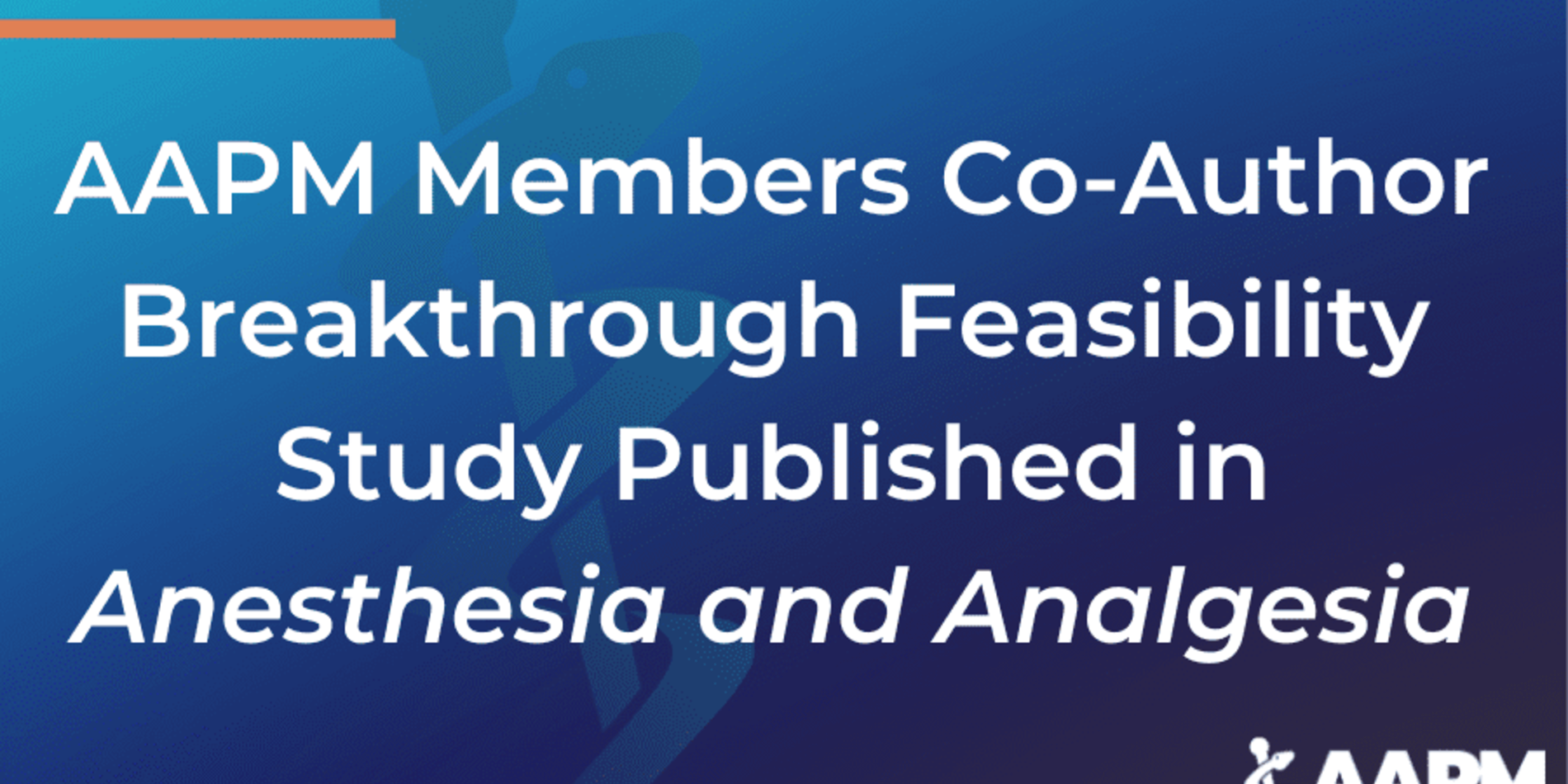Growing up in Palestine, I have always been interested in the role of childhood trauma in impacting emotional and physical health in adulthood. As a pain psychologist and researcher at Stanford, I have the advantage of investigating the role of trauma in a systematic way. I set out to investigate the role of childhood neglect among patients we see at the Stanford Pain Management Center. I was interested in examining factors that can explain the relationship between childhood neglect and worse physical and emotional functioning in adulthood. One of the emerging constructs in the pain literature that has been gaining traction is the concept of perceived injustice, which refers to an experience of loss and unfairness or blame. Perceived injustice is typically observed among people with repeated exposure to injury or injustice, including, but not limited to marginalized populations.
So, I decided to conduct a study examining whether perceived injustice can explain the pathway between childhood trauma and worse functioning in adulthood. I extracted the de-identified records of 742 treatment-seeking patients at the pain center and ran analyses to examine these relationships. The study found, as expected, that perceived injustice explained the relationship between childhood neglect and physical function. It partially explained the relationship between childhood neglect and emotional health. This means that the cognitive process of injustice beliefs is an important factor in how early adverse childhood experiences impact adaptation to chronic pain. Notably, this work is preliminary and has further sparked my interest in conducting a more comprehensive assessment of trauma among our patients to replicate those findings in longitudinal studies and to examine how the range of adverse childhood experiences (physical abuse, sexual abuse, emotional abuse) may contribute to injustice perception and worse pain-related outcomes. This is critical for our clinical work as we can better tailor our treatment approaches to address these cognitive processes, which impact adaptation to pain.




